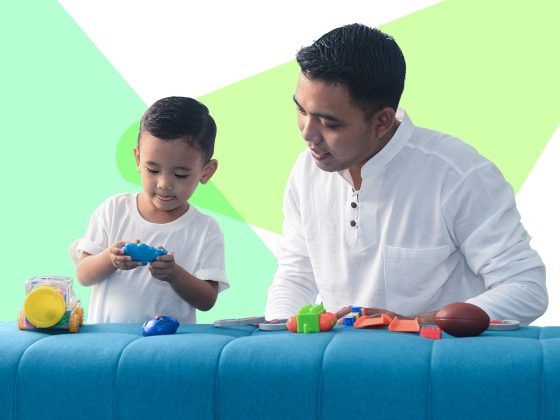
Tuning in to Children’s Unique Needs
Explore children’s unique ways of thinking, feeling, behaving, and being in the world.
All children and adults respond to situations and challenges differently. When you’re aware of children’s uniqueness, that goes a long way in understanding how they’re behaving and what they might need. When you understand a child’s unique needs you can then guide them to more deeply understand themselves, and help them better manage their feelings and challenging moments.
For instance, some children:
- feel shy when meeting new people.
- feel crankier than others when their sleeping schedules are off.
- need more physical activity at certain points in the day.
- struggle to complete their plans as they face frustration or disappointment.
- experience feelings very intensely, perhaps taking a bit longer to recover after big feelings.
Each child holds their own unique gifts, perspectives, and ways of being. By helping children understand themselves through your caring support, they can feel better prepared for navigating life’s challenges.
Notice and explore with your child in different settings:
- How active they are: Some children are more physically active: “on the go” and wiggly. Others naturally spend longer periods being quiet, still, or moving at a slower pace.
- How they respond to “rhythms”: Some children thrive on routines and schedules; others don’t need them quite as much.
- How they respond to new things: Some children approach people and situations quickly, others need more time and support.
- How they express their feelings: Some children express feelings in a more intense or overt way, others do so more subtly.
- How they sense the world around them: Children experience noise, temperature, light, textures, and settings (physical and emotional) differently.
- How they focus their attention: Some children can focus more easily than others, even with lots of noise and activity around them.
- How they persist: Some children will stick with something until it’s complete; others move on more quickly when challenges arise.
Helping children to notice how they respond in different situations deepens their self-awareness. As they encounter new challenging situations, this rich knowledge of themselves and the strategies that work for them are crucial. To support children’s self-discovery, you might say:
- “I know you sometimes feel shy when meeting new people. When we get to the party, you can decide if you and I play together for a while, or if you want help to join a game. Let’s see how you’re feeling after we get there.”
- “Feelings can be so big sometimes! We all can have big feelings. Want to wiggle it out with me?”
- “I know you need to have a little quiet time now, and your sister wants to run around on the playground. Let’s figure out a way you can both have what you need. Should we bring a book along so you and I can read on a bench while she plays?”
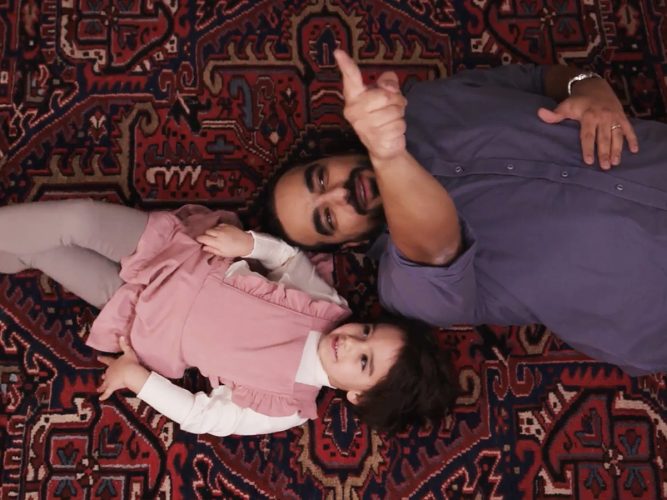
We’re Connected
Watch this video to discover habits to support digital well-being for families.
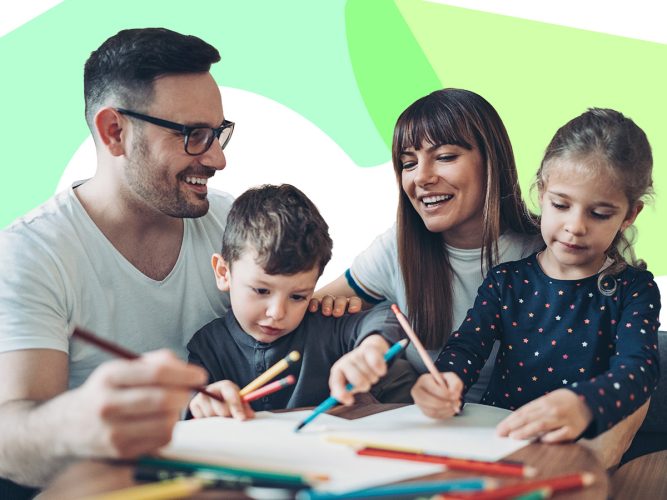
Unplugged: Creating Device-Free Family Moments
When children and grown-ups spend time together, especially without media, children benefit in so many ways. Explore these tips to nurture meaningful moments and support digital well-being in your family.
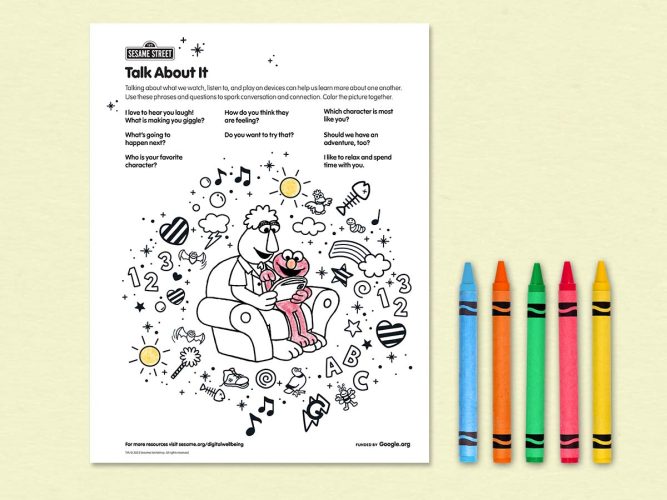
Talk... and Color! Adult-child Coloring Page
An activity with tools, tips, and playful ideas to empower families to foster digital well-being and develop healthy habits related to media and technology.
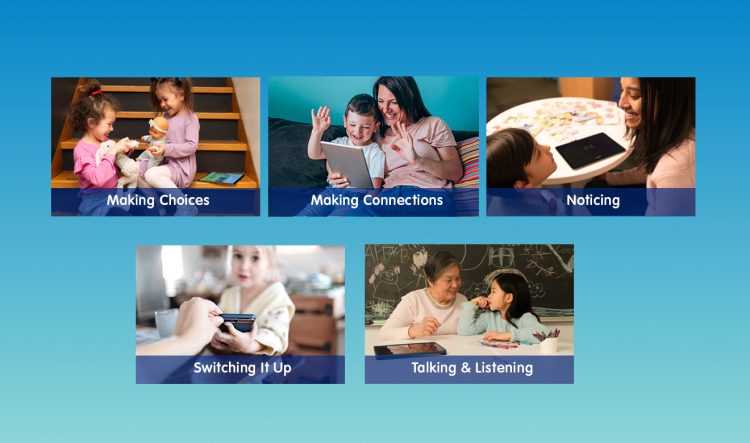
Tech Talk
An activity with tools, tips, and playful ideas to empower families to foster digital well-being and develop healthy habits related to media and technology.
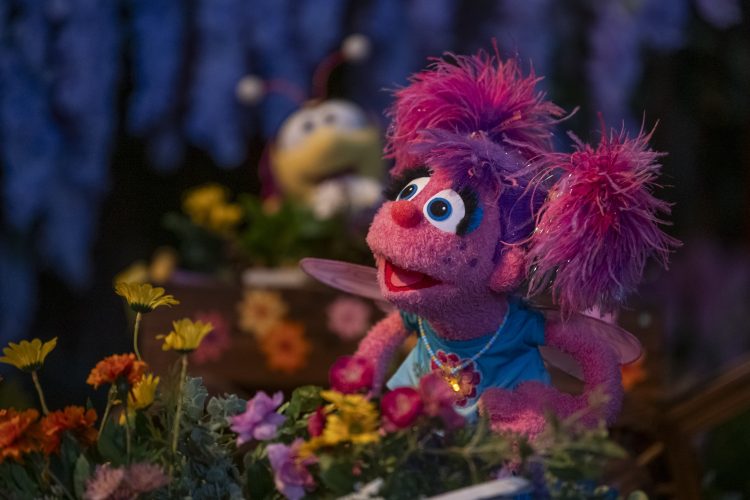
Watch and Play: Abby's Magical Beasties
Watch this episode and explore ways to extend the learning at home.
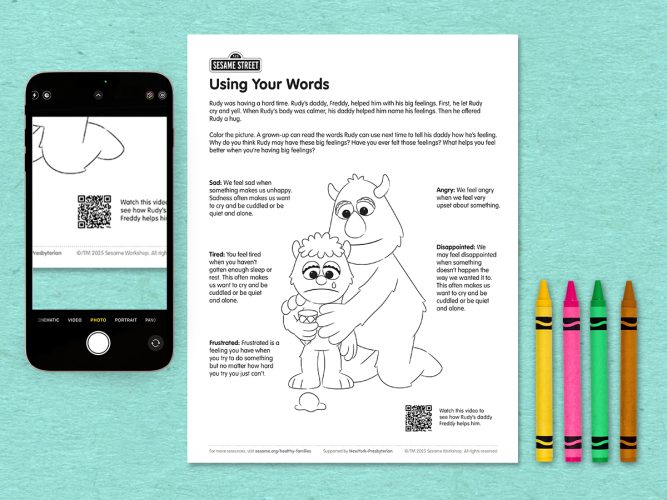
Using Your Words
A coloring page helping children explore words for big feelings.
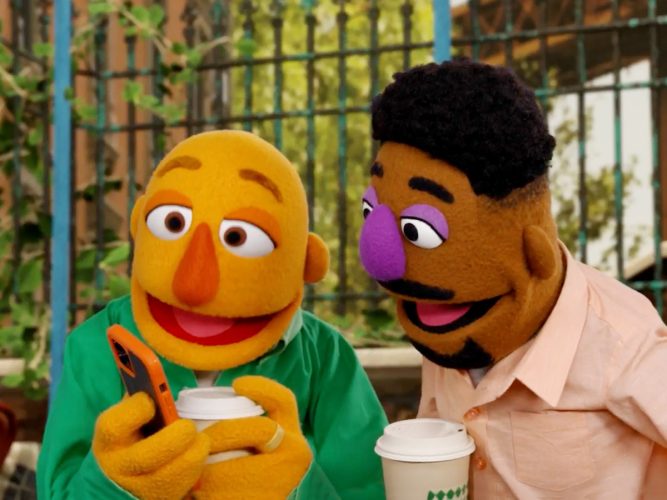
Learn Along the Way
Watch this video to see how Elijah and Daniel navigate changes in media and technology with a positive attitude.
